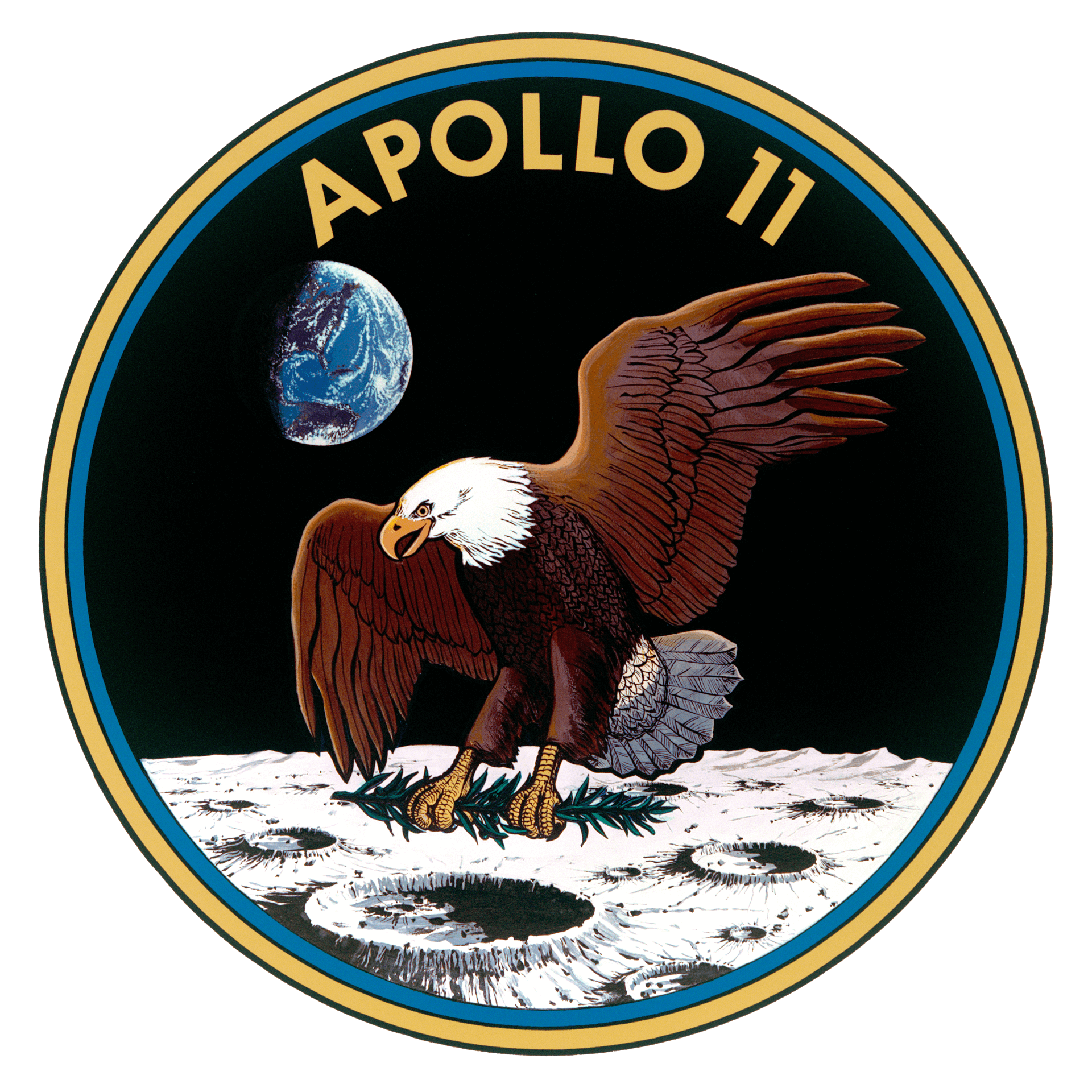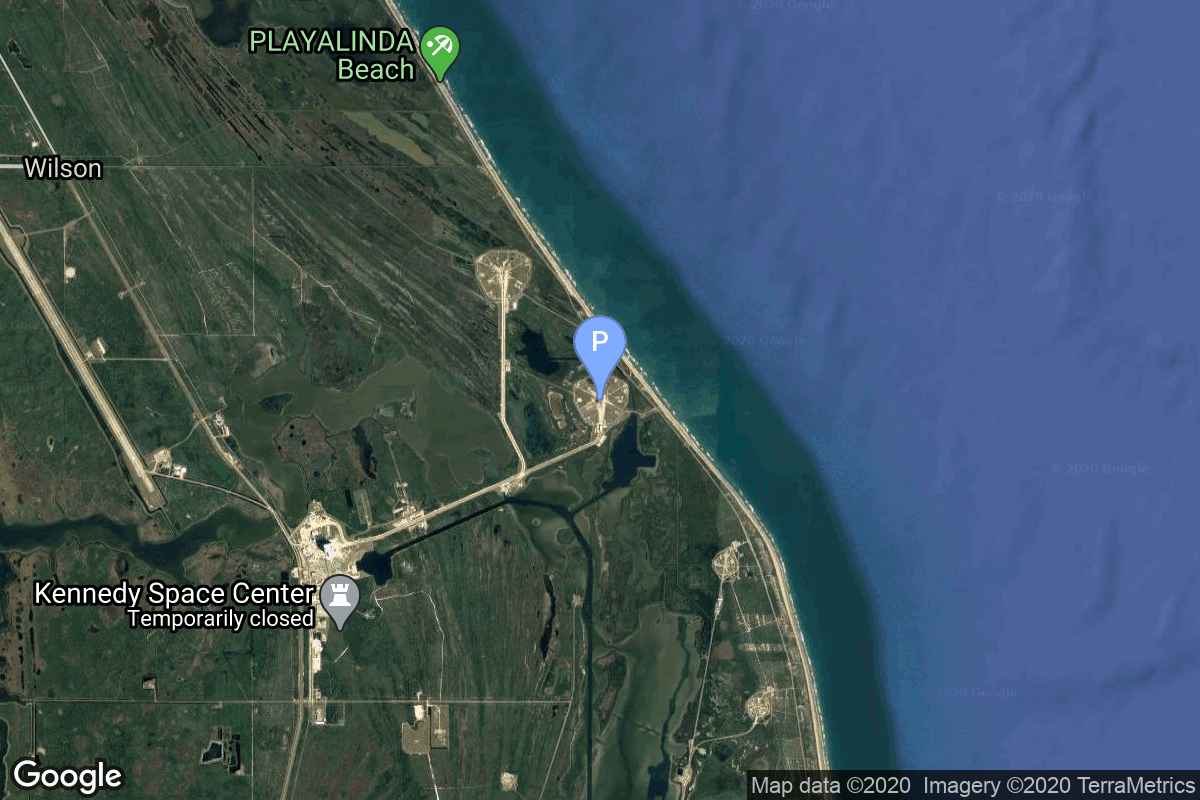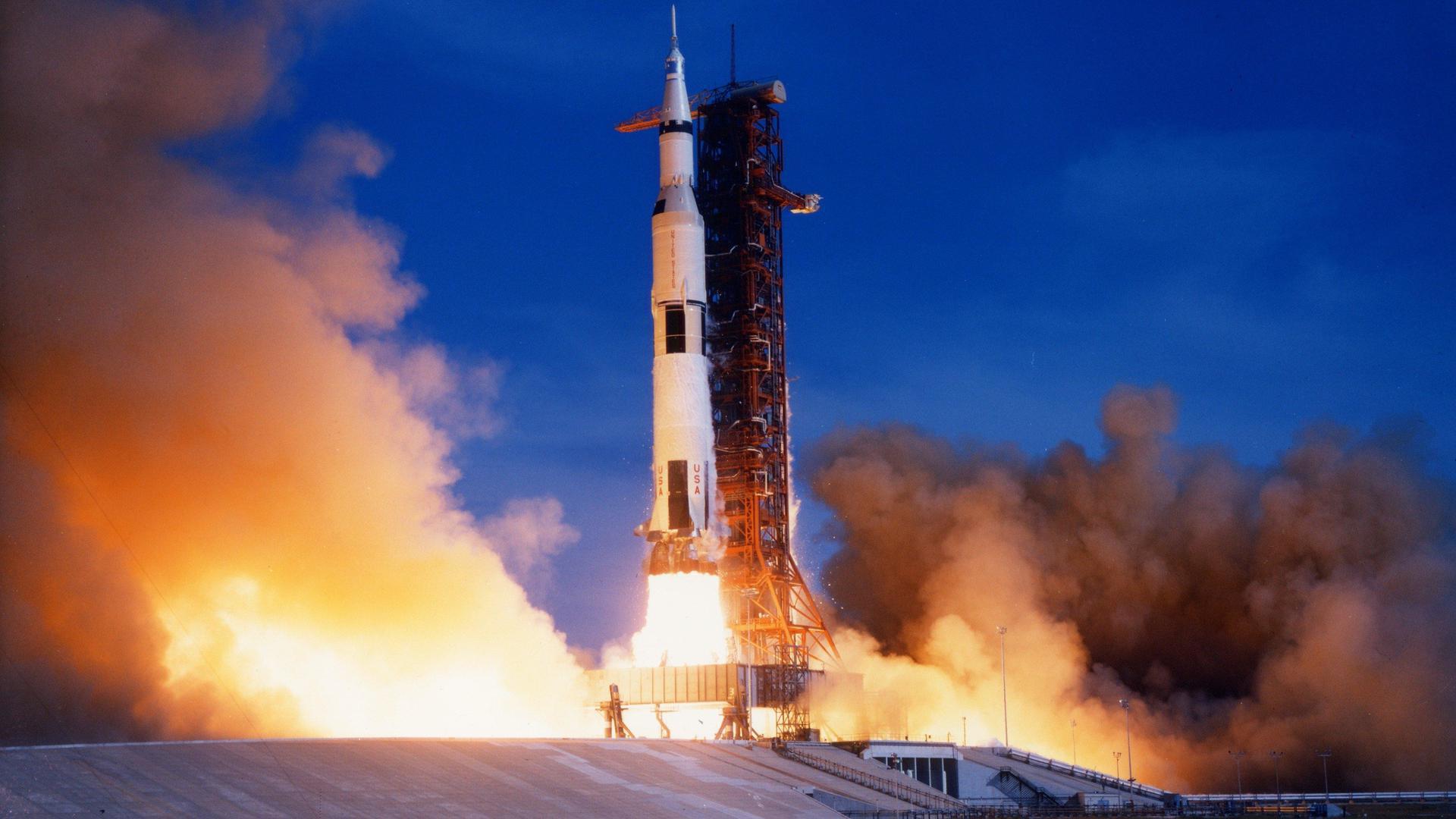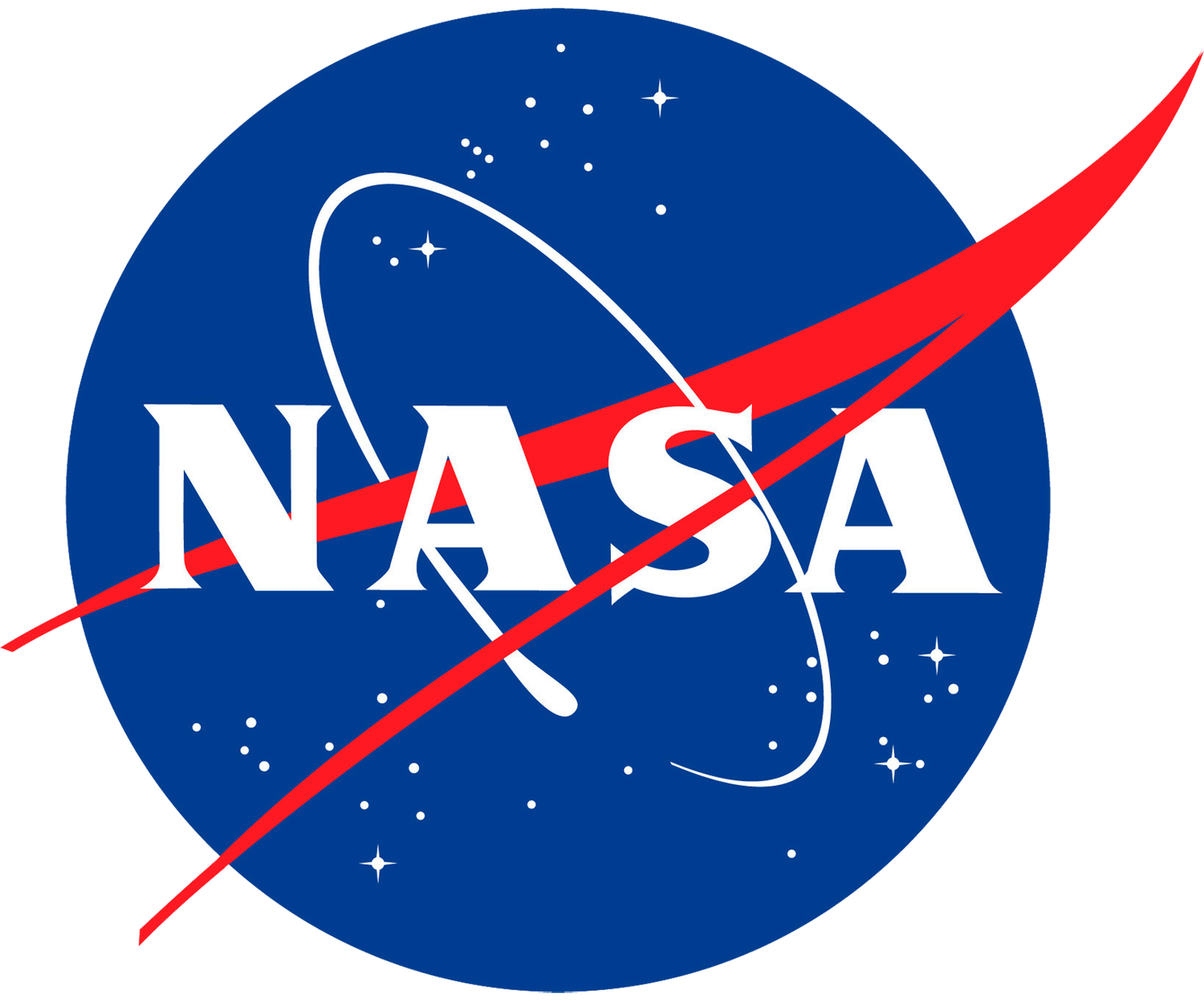Apollo 11
Saturn V
National Aeronautics and Space Administration
Crew
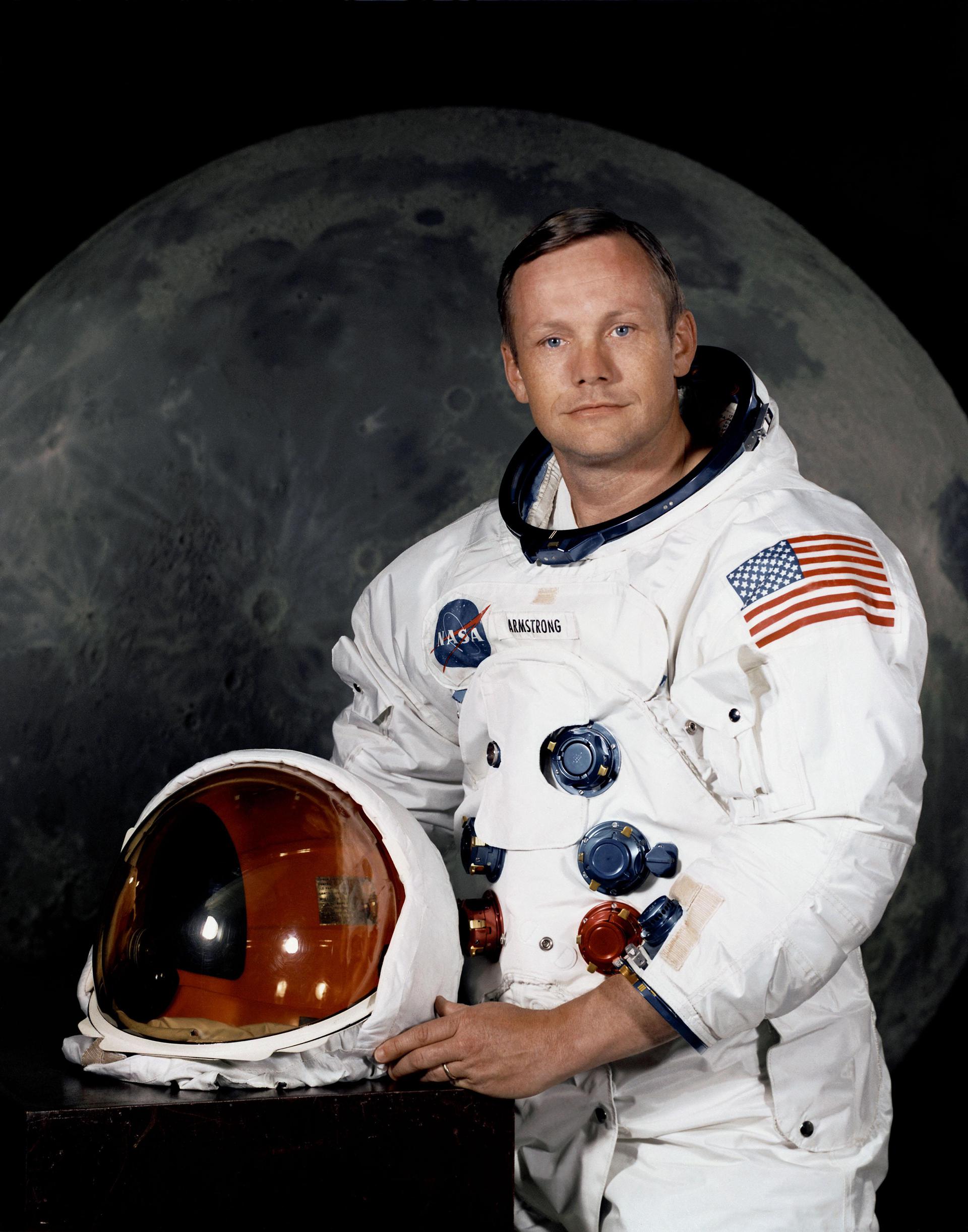
Neil Armstrong
- Birthday: 08/05/1930
- Role: Commander
- Nationality: American
- First Flight: 03/16/1966
- Last Flight: 07/16/1969
Neil Alden Armstrong was an American astronaut and aeronautical engineer who was the first person to walk on the Moon. He was also a naval aviator, test pilot, and university professor.
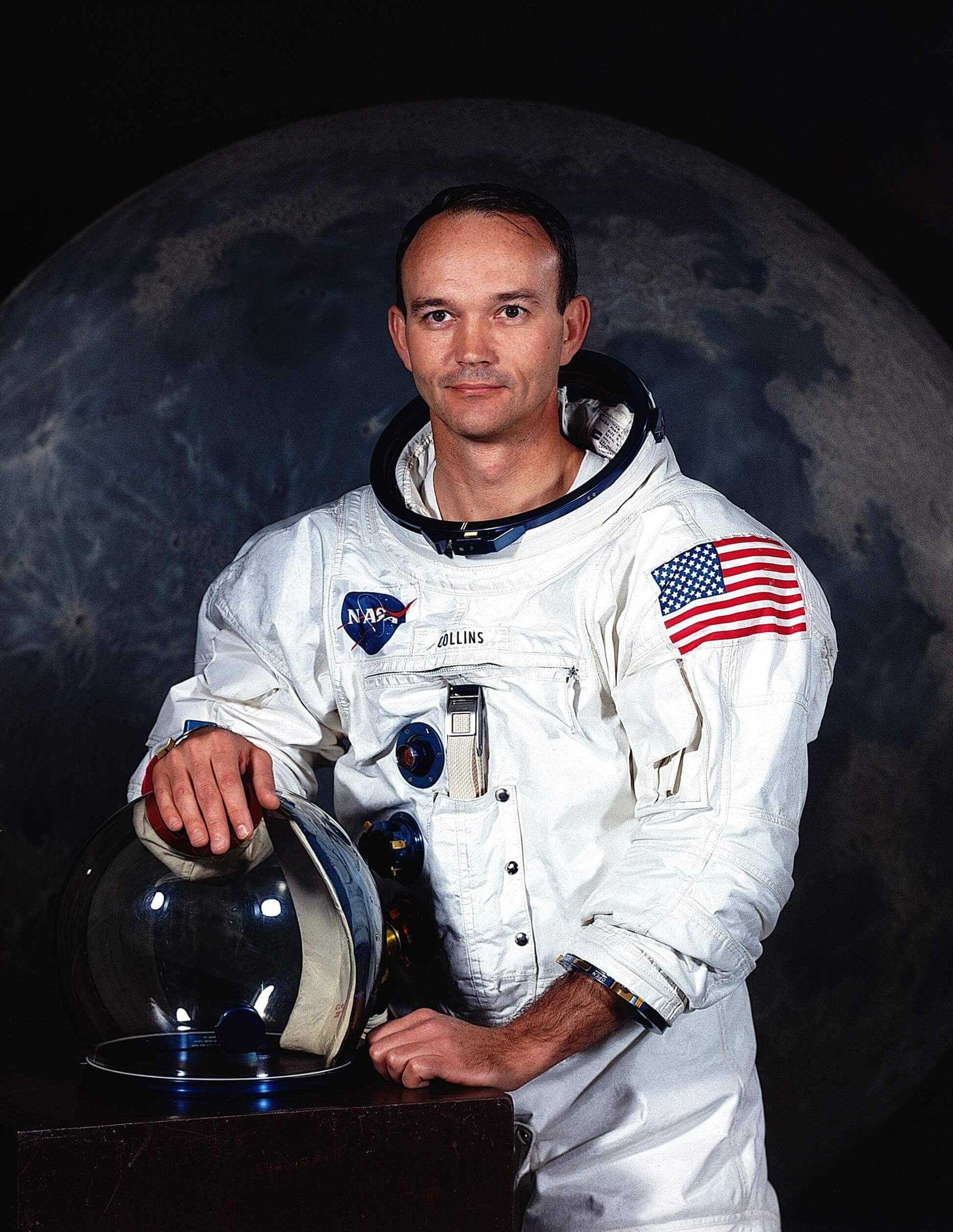
Michael Collins
- Birthday: 10/31/1930
- Role: Command Module Pilot
- Nationality: American
- First Flight: 07/18/1966
- Last Flight: 07/16/1969
Michael Collins (born October 31, 1930) (Major General, USAF, Ret.) was an American former astronaut and test pilot. Selected as part of the third group of fourteen astronauts in 1963, he flew into space twice. His first spaceflight was on Gemini 10, in which he and Command Pilot John Young performed two rendezvous with different spacecraft and undertook two extra-vehicular activities (EVAs, also known as spacewalks). His second spaceflight was as the Command Module Pilot for Apollo 11. While he stayed in orbit around the Moon, Neil Armstrong and Buzz Aldrin left in the Lunar Module to make the first manned landing on its surface. He is one of 24 people to have flown to the Moon. Collins was the fourth person, and third American, to perform an EVA; and is the first person to have performed more than one EVA.
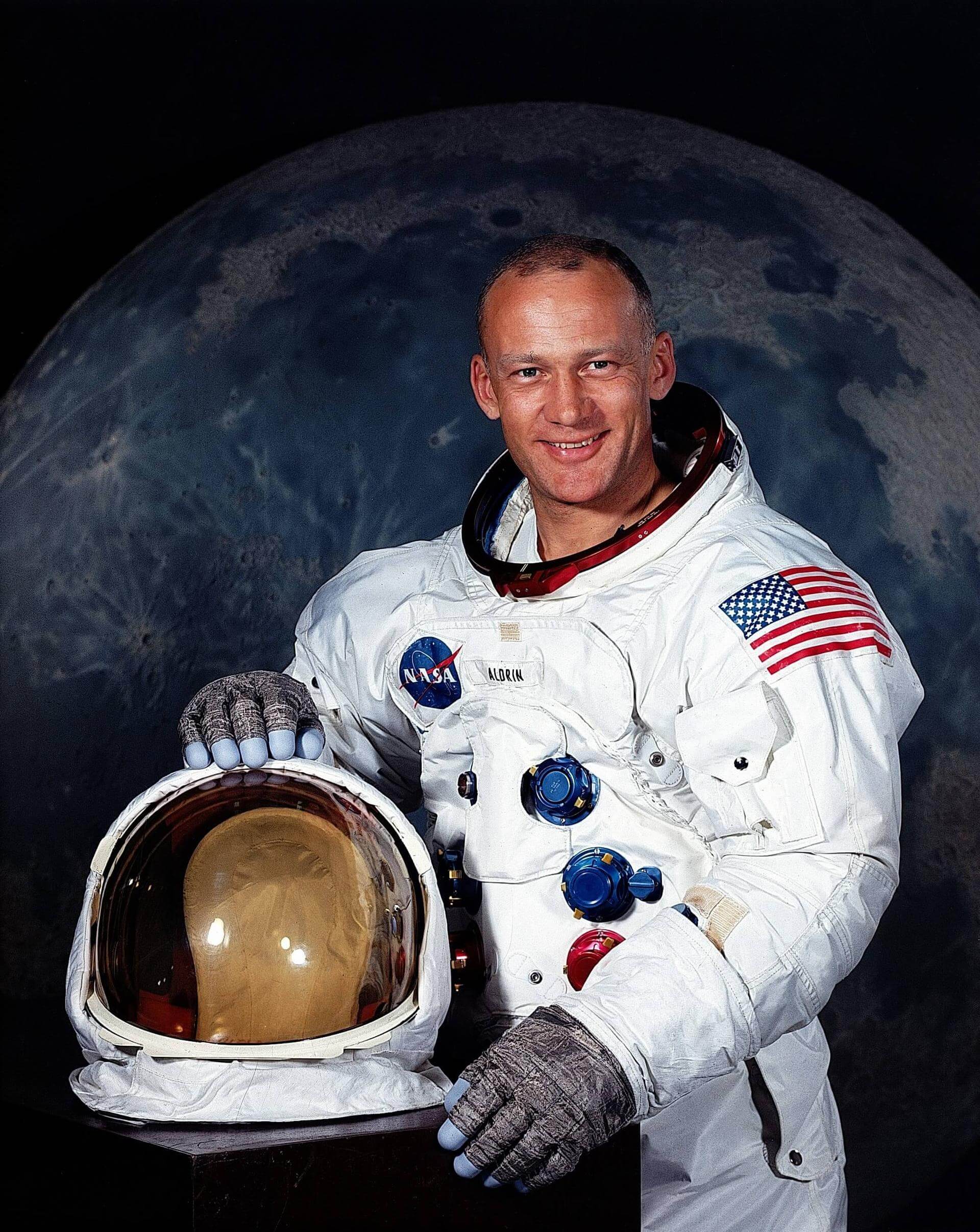
Buzz Aldrin
- Birthday: 01/20/1930
- Role: Lunar Module Pilot
- Nationality: American
- First Flight: 11/11/1966
- Last Flight: 07/16/1969
Buzz Aldrin; born Edwin Eugene Aldrin Jr.; is an American engineer, former astronaut, and fighter pilot.
As Lunar Module Pilot on the Apollo 11 mission, he and mission commander Neil Armstrong were the first two humans to land on the Moon.
Mission
Apollo 11
- Type: Human Exploration
- Orbit: Lunar Orbit
Apollo 11 was commanded by Neil Armstrong , Command Module Pilot Michael Collins and Lunar Module Pilot Edwin “Buzz” E. Aldrin. The Mission was to complete the goal that President John F. Kennedy set on May 25, 1961 to land a man on the moon and return the crew back to Earth. On July 20,1969 Neil Armstrong and Buzz Aldrin landed there Lunar Module on the sea of tranquility this marked the first time a human has set foot upon another celestial body.
Location
Rocket
National Aeronautics and Space Administration Saturn V
The Saturn V was a human-rated expendable rocket used by NASA between 1967 and 1973. Most notably, the Saturn V took the Apollo program to the Moon. It still remains the world’s tallest, heaviest, and most powerful rocket ever brought to operational status and is the only launch vehicle to take humans beyond LEO.
Agency
National Aeronautics and Space Administration
The National Aeronautics and Space Administration is an independent agency of the executive branch of the United States federal government responsible for the civilian space program, as well as aeronautics and aerospace research. NASA have many launch facilities but most are inactive. The most commonly used pad will be LC-39B at Kennedy Space Center in Florida.
